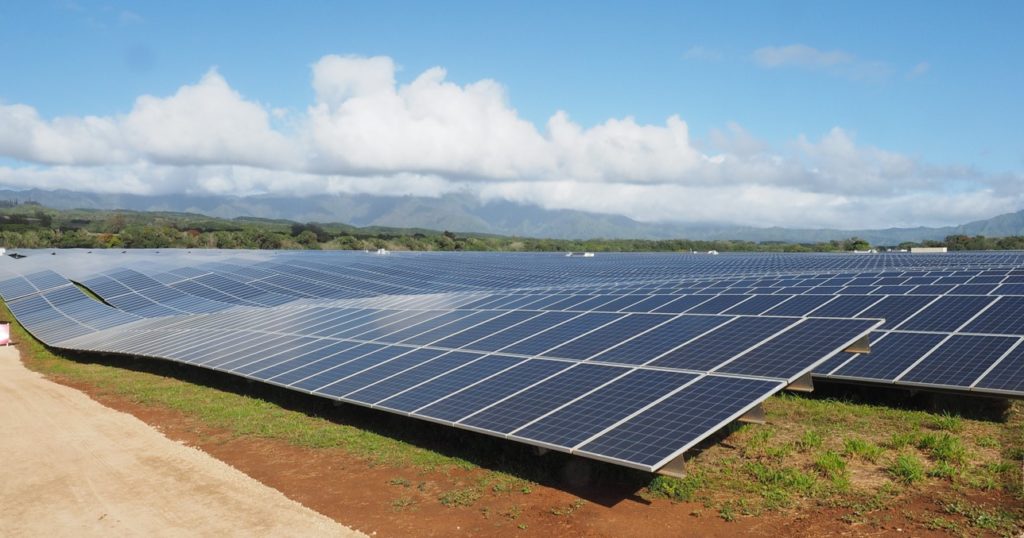Some five million households, serving about 25 million individual Nigerians who are currently not connected to the National Grid, will be installed with solar energy.

This disclosure forms part of the provisions of the Nigeria Economic Sustainability Plan (NESP), which also submits that solar equipment manufacturers will be required to set up production facilities in Nigeria, to provide the materials required.
Approved by the Federal Executive Council (FEC) on June 24, 2020, the NESP was developed by the Economic Sustainability Committee (ESC) established by President Muhammadu Buhari on March 30, 2020.
Chaired by Vice President Yemi Osinbajo, the ESC comprised several Cabinet Ministers as well as the Group Managing Director of the NNPC and the Governor of the Central Bank of Nigeria (CBN).
The NESP has been developed as a 12-month, N2.3 trillion “Transit” Plan between the Economic Recovery and Growth Plan (ERGP) and the successor plan to the ERGP, which is currently in development.
Under its Mass Agricultural Programme (MAP), the NESP intends to ensure the cultivation of between 20,000 and 100,000 hectares of new farmland in every state, as well as support offtake and agro-processing, with low-interest credit. This, it was gathered, will create millions of direct and indirect job opportunities.
The plan’s Extensive Public Works and Road Construction Programme will see the recruitment of a minimum of 1,000 young Nigerians local government into what will likely be the largest public works programme in the history of Nigeria, amounting to 774,000 direct jobs.
There will also be extensive focus on the construction and repair of major and rural roads using locally available materials like limestone, cement and granite. The roads component will include the acceleration and expansion of scope of the Road Infrastructure Tax Credit Scheme (RITCS), according to the NESP.
While an investment in healthcare infrastructure will be done through a special intervention fund, as well as by tapping into an existing World Bank facility (REDISSE Programme), to support COVID-19 interventions in the states, the plan’s housing programme hopes to deliver up to 300,000 homes every year.
According to the NESP, young professionals and artisans will organise themselves into small and medium scale co-operative businesses within the construction industry to develop these houses, which will be based on a set of standardized designs.
The housing programme will also prioritise the use of local labour and materials, even as doors, windows and other materials will be produced, finished or assembled at mass housing construction sites.
Under technology, the NESP stated: “Underpinning the implementation of the NESP will be a focus on digital identification of every Nigerian. It is imperative that every Nigerian has a unique digital identity.
“The Public Works Programmes for example will, apart from the focus on providing employment, also help advance the financial inclusion and digital identification agenda. Broadband connectivity will also receive a boost, helping to create jobs and opportunities especially for young people. Also, a national programme will be launched to identify and create job opportunities in digital outsourcing.”
Developed in consultation with Cabinet Ministers, Heads of Federal Agencies, the Presidential Economic Advisory Council (PEAC), State Governors and the National Assembly, the NESP will be funded as follows:
• N500 billion from Special FGN Accounts
• N1.1 trillion from the CBN in the form of structured lending
• N334 billion from external bilateral/multilateral sources
• N302.9 billion from other funding sources.
